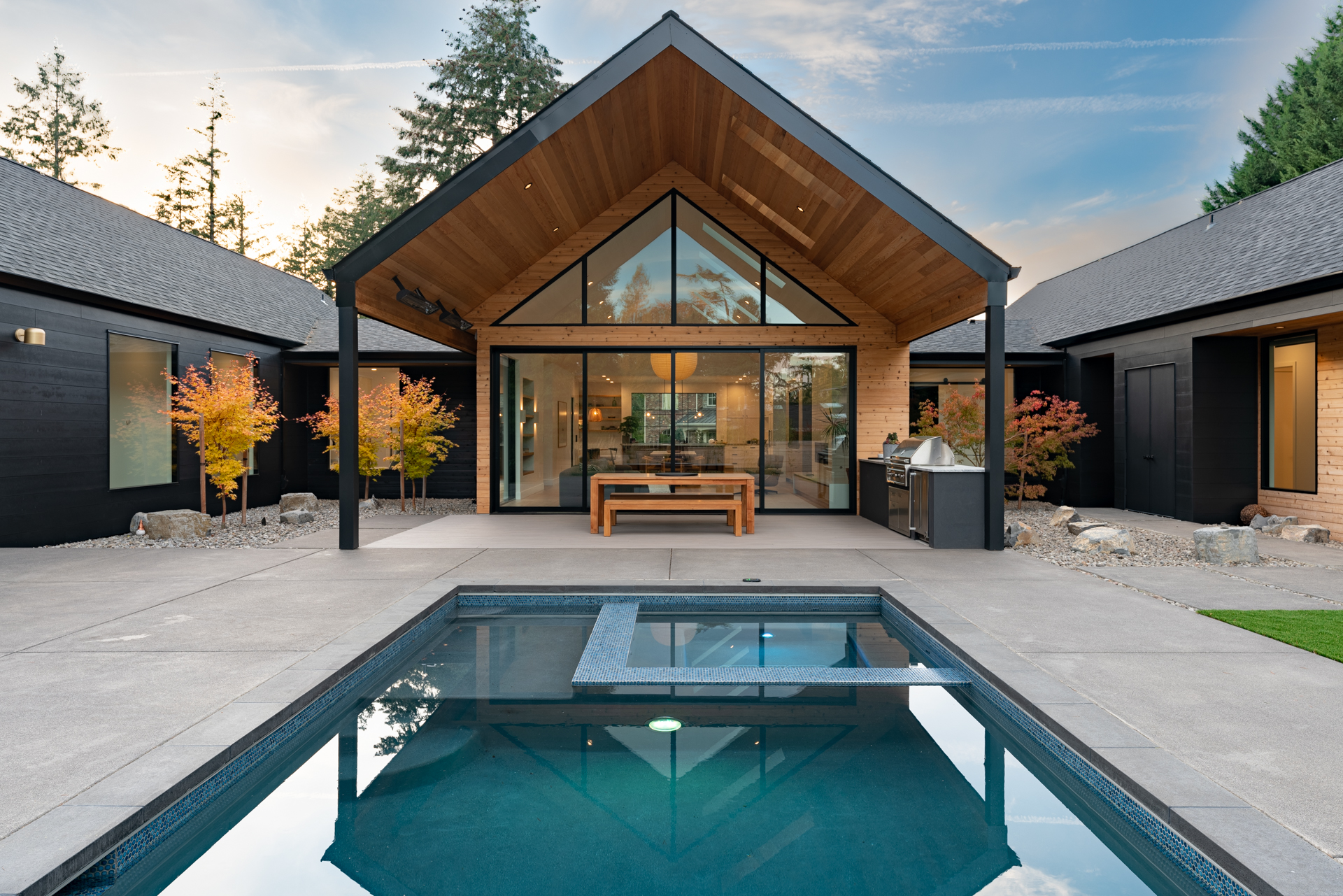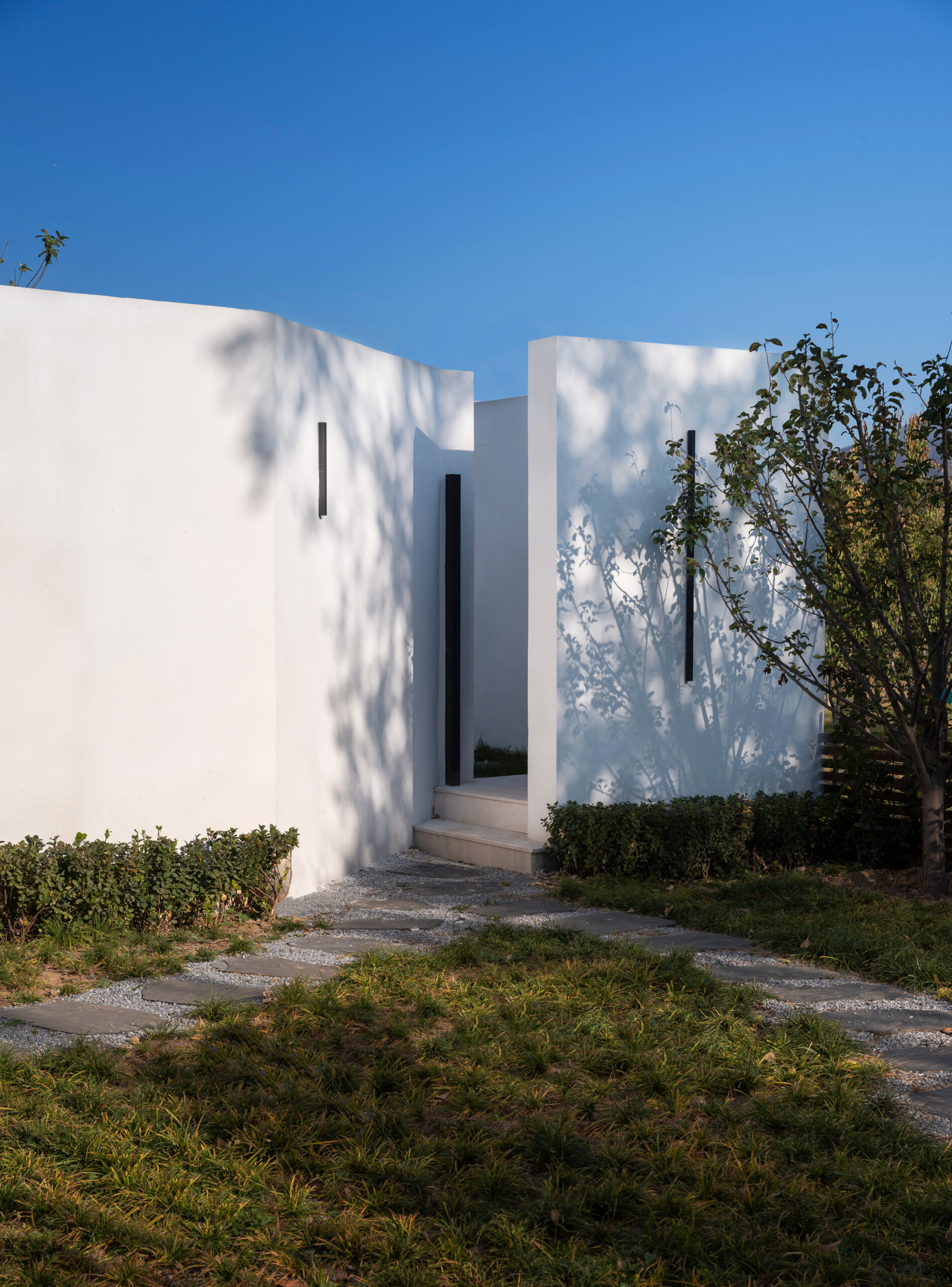Is Freelance Architecture the Future of the Industry?
Architects: Want to have your project featured? Showcase your work through Architizer and sign up for our inspirational newsletters.
Following the Covid-19 pandemic, the US freelancing workforce skyrocketed, growing by 22% in the past couple of years. Especially after trends such as remote work, the digital nomad lifestyle and the establishment of personal brands gradually became the norm rather than the exception, freelancing is no longer seen as a temporary gig but rather as a viable — and sometimes even more exciting — option in many professions, offering a more flexible schedule and even the potential to make more money.
Still, how does freelancing directly apply to architects and, more importantly, does it deal with the many challenges that the profession and its working culture currently face? Being part of the University of Edinburgh’s architecture department, I have been involved in many discussions with students who, even though enjoy studying architecture, they do not wish to practice it. Apart from the many issues constantly being raised regarding the architectural industry — i.e., low salaries, long hours, competitive working environments — another recurring concern is the lack of creativity, especially in entry-level positions.

Cameo Court by Centerfield Studio, Lake Oswego, Oregon | Jury Winner, Best Sole Practitioner, 12th Annual A+Awards
A typical working structure in a small or medium sized firm consists of a project architect that usually guides the concept and the early-stage design, followed by a team of junior architects, who are primarily in charge for producing the necessary drawings for the project. While not always the case, this task includes countless hours of repetitive drafting, technical work and annotation that often make young architects lose any interest in the actual profession. A response to this is the recent business model of a firm becoming established as an architectural collective, which is an innovative form of a limited company that is employee owned.
However, what is the common denominator with freelancing architects and this new form of architectural practice? It is the idea of ownership and accountability; not in the actual sense of owning shares in a company but rather being responsible and engaged in all aspects of an architectural project, from the creative conceptual parts to the mundane contracts and the endless technical detailing. In other words, whether an architect works as a freelancer or in an architectural collective, they become responsible for their own professional development and create their own individual approach towards architecture.

Z House by NOA Studio, Beijing, China
In parallel, there is an endless debate on whether architectural education efficiently prepares students for working in practice. Many architects argue that universities focus on design or theory, completely disregarding the necessary “practical” skills, for example knowledge in construction, contract procurement, site visit documentation etc. However, I would argue that these are merely the supporting tools that drive the process of a project forward.
With architecture being a multi-faceted discourse, in which architects are free to experiment and eventually choose how they themselves are going to approach a project, education should encourage diverse and creative thinking (both conceptual as well as technical) rather than equipping students with textbook knowledge. In fact, the current education model fits perfectly with an architectural industry comprised of freelancers. More specifically, the studio culture in universities encourages collaborative work and communication without any hierarchical structure, fostering a vigorous exchange of ideas as well as methods of making. Could this then become the new norm in practice, negating the role of the project architect (and their team) and instead establishing a network of free-thinking, “equal” professionals regardless of their experience?

Park Avenue Penthouse by gne Architecture, New York, United States | Popular Choice Winner, Best Sole Practitioner, 12th Annual A+Awards
It is likely that this sounds like a utopian vision and admittedly, there will be many voices arguing that are “too many architects and not enough work” or “the lack of expertise in younger practitioners will be catastrophic for the construction industry.” Nevertheless, with the recent technological advancements and the emerging mindset change regarding working culture, the architectural profession is in need for an upgrade.
Starting from the endless artificial intelligence tools that have been developed, architects are able to produce and communicate concepts in second as well as efficiently respond to building regulations along with the environmental, social and economic conditions found in specific contexts. However, what is even more impressive is the array of new databases gradually being established to create open source platforms for architects, thus democratizing the profession. Companies are developing cloud systems where architects can store all their work — from architectural details they have designed to the contracts or technical descriptions they have used and even their early conceptual sketches. As a result, through this new mode of partnership, even the most inexperienced architects can have access to years’ worth of information, without having to draft endless window schedules or go through infinite site checklists.
The challenges found in the current architecture industry are quite complex, however, perhaps this new freelancing movement could hold the key to a more open and fast moving profession. This shift may foster a more dynamic and transparent collaboration, enhancing a sense of ownership and accountability among architects and reigniting their passion for their work.
Architects: Want to have your project featured? Showcase your work through Architizer and sign up for our inspirational newsletters.
Featured Image: Z House by NOA Studio, A+Awards 2024, Special Mention
The post Is Freelance Architecture the Future of the Industry? appeared first on Journal.
